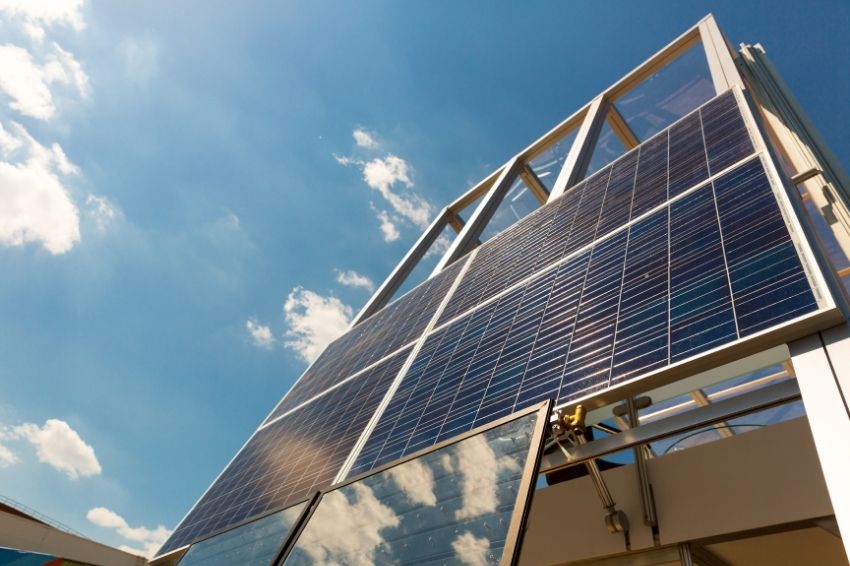With the growth of DG (distributed generation) of electrical energy in Brazil, a modality in which the photovoltaic solar source is, without a doubt, the most significant, there has been an increasingly intense movement on the part of entities linked to the electrical sector to question the benefits that the sector can bring to consumers.
One of the statements released by the entities is that distributed generation, mainly solar photovoltaic, only benefits large consumers, mostly companies.
To better clarify this issue, the report from the Solar Channel spoke with economist Ricardo Buratini, coordinator of the Center for Studies in Economics and Energy at FACAMP (Faculdades de Campinas).
According to the expert, the statement that solar distributed generation only benefits large corporations is unfounded. “It also benefits small producers, traders and all those consumers and entrepreneurs who are aware that renewable energy is good for the country and a great option for reducing costs over time”, he explained.
According to Buratini, both solar and wind sources benefit entities in the Brazilian electricity sector. “Due to climate issues and recent poor planning, we no longer have much water in the reservoirs, either because it is raining less or because we have not been able to build more hydraulic plants. Alternative renewable energies [solar and wind], in this sense, help a lot at a time when our traditional hydrothermal model [formed by hydroelectric and thermoelectric plants] is in crisis due to the inability to store water”, he said.
Asked about the importance of dispersed investments (low voltage consumers) and how much this contributes to the national economy, Buratini cited a survey released in January this year by ABSOLAR (Brazilian Association of Photovoltaic Solar Energy).
The document points out that the sum of new private investments in DG and GC (centralized generation) could exceed the R$ 22.6 billion mark in 2021. According to Buratini, these are “quite significant numbers, even more so at a time when the Brazilian economy is suffering a recession trend due to the pandemic”, he commented.
Read too: ABSOLAR projects investment of R$ 22.6 billion in the solar sector in 2021
Because of this, the economist argues that more investments should be dispersed for the growth of solar DG in Brazil. According to him, in addition to the benefits provided, the photovoltaic source has become an important tool for generating jobs and for the development of technologies and new business models.
“It could be better utilized if there was a well-articulated sectoral development project. A collective involvement of entrepreneurs and appropriate public policies would be necessary, as well as credit for the purchase of equipment and the development of new skills (…) Ultimately, it is necessary to think in the long term, as this would greatly improve the prospects for the Brazilian economy”, he highlighted. .
















One Response
I am a regular consumer and have had the wonderful benefit of solar energy in my home. I am concerned about the false information that solar energy only benefits big people. It is strange because it is a false argument. My energy bill was on average R$300.00, today I have a bill of R$50.00 and I only invested R$ 14,000.00. I have a net monthly profitability of 1.7% per month. Which application today has this risk-free profitability?